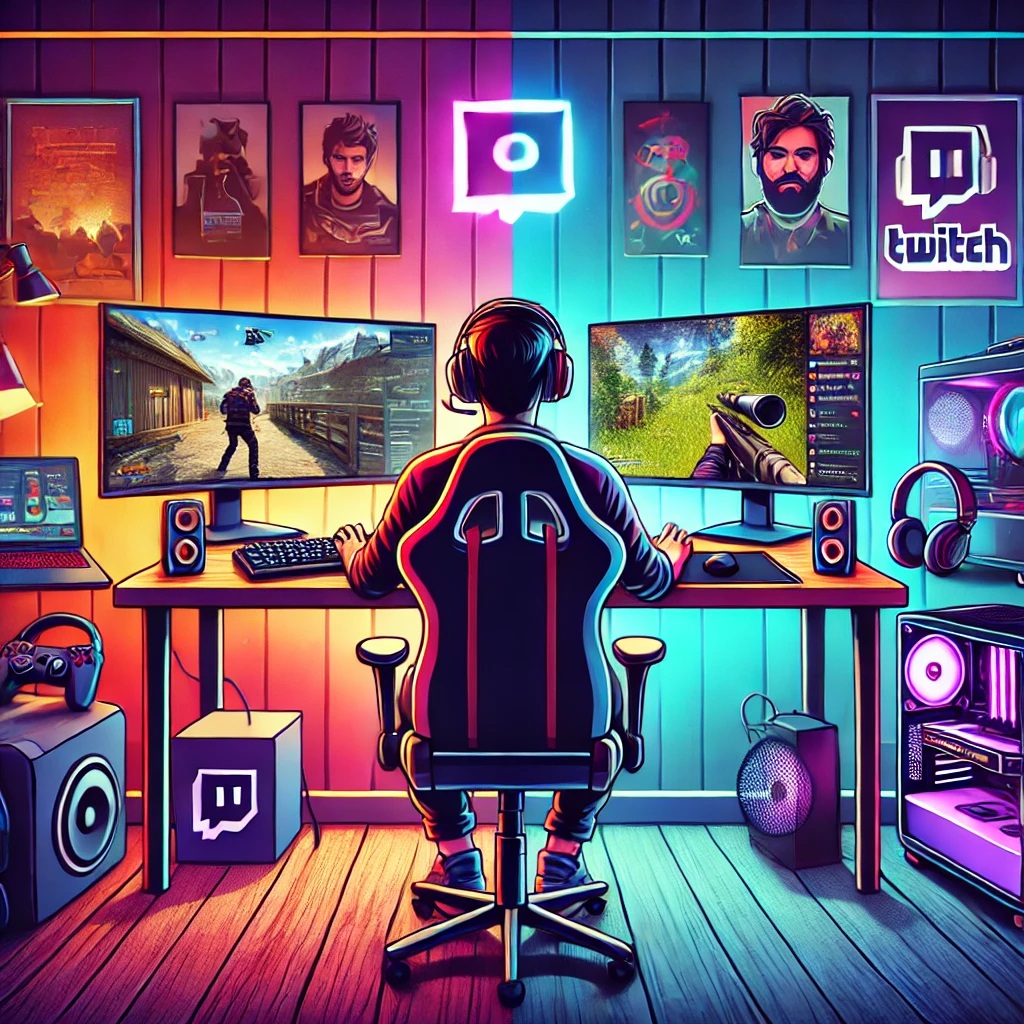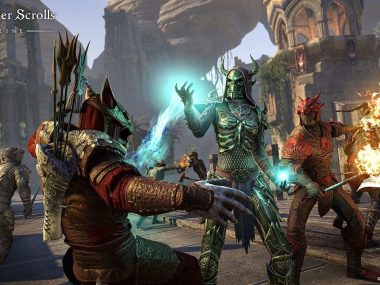According to a new report by Midia Research, gamers now spend more time watching game-related content than playing games. On average, gamers reported spending 7.4 hours per week playing video games but 8.5 hours per week watching game-related content. Additionally, 48% of those surveyed purchase game-related items.
Midia suggests gaming companies are missing income opportunities by not integrating more content directly into their games. “It’s time for game publishers to think about in-game video as something beyond marketing alone,” said Rhys Elliott, games analyst at Midia Research. “By reclaiming video engagement, publishers have the potential to unlock new revenue streams, like advertising, and drive growth.”
This perspective highlights a disconnect between what marketers prioritize and what gamers actually value.
The Role of Third-Party Platforms
Gamers often spend time looking at guides, character builds, and other information to progress successfully in a game. This is where YouTube shines over Twitch. While Twitch makes it easy to watch a streamer play the game, finding the exact moment you’re looking for in a long stream video can be frustrating. On YouTube, by comparison, there are channels dedicated to helping viewers complete specific quests. For example, channels like WoW Quest are tailored to provide exactly this type of content.
Could gaming companies host this type of content on their own platforms? Absolutely. However, doing so would put them in direct competition with content creators. That might not be a wise decision for long-term growth.
Can Gaming Companies Compete?
Keep in mind, the goal is to attract gamers to the company and away from third parties, creating better opportunities to monetize those gamers. One way to achieve this is through microtransactions that gamers feel are worth purchasing. Instead of encouraging players to gift subscriptions to streamers for in-game items, companies could make those items available for purchase directly through their own stores.
Even better, gaming companies could allocate a percentage of digital item sales as bonuses for their development teams. In an industry marked by frequent layoffs and financial uncertainty, this could provide meaningful support. Developers, honestly, sharing how these bonuses helped them improve their lives—whether through a better holiday season or financial stability—would foster goodwill with gamers and strengthen trust in the company.
Gaming companies often complain about rising development costs. If that’s the case, why direct money toward third parties like Twitch or YouTube? Inevitably, this model increases the cost of items for consumers while diverting funds away from the studios that need them most.
Why Moving Content May Backfire
As a gamer who watches more video content than I play games, it’s important to understand what gamers are watching. On Twitch, for example, Twitch Drop campaigns often inflate watch time. During these campaigns, viewers typically aren’t paying attention to the streamers, and streamers know this. Many hold marathon streams, leaving their channels running overnight while they sleep. Some streamers even increase ad frequency during these periods, knowing their audience isn’t actively watching. Sure, it’s an easy way to boost watch time and revenue—but it’s not genuine engagement.
Since Twitch’s metrics can’t reliably reflect actual viewer interest, what about platforms like TikTok or YouTube? Personally, instead of watching TV, I’ll watch no-commentary, story-driven playthroughs on YouTube. I watch to explore different choices players made in a game, or to follow the storylines of games I’m not interested in playing. For example, I enjoy VaatiVidya’s deep dives into the lore of FromSoftware games.
Could that kind of content be incorporated into a game? Not easily, without oversimplifying it. One common critique of Dragon Age: Veilguard was that players were spoon-fed information by NPCs, which eliminated the joy of discovery and problem-solving.
What if gaming companies tried to bring content creators onto their own platforms? Would gamers follow? Honestly, this would be an uphill battle. Platforms like YouTube and Twitch work because they offer variety. Viewers can find multiple content creators in one place. Moving this content to individual gaming platforms would likely annoy gamers.
There are other hurdles, too:
- Ad Fatigue
Gamers are already frustrated with content creators constantly selling them something. Ad fatigue is especially bad on Twitch, where most streamers aren’t great at pitching products. Companies would have to rely on the parasocial relationships between streamers and their most loyal viewers—those who are willing to tolerate the constant stream of ads. - Incentivizing Content Creators
Content creators won’t switch platforms unless there’s a clear benefit for them. For creators with large audiences, this can get expensive. Many rely on sponsors, merchandise sales, and maintaining trust with their communities. - Platform Features
If a gaming company’s platform doesn’t match the features of third-party sites, the viewer experience will suffer. For example, YouTube’s live-streaming succeeds because of its video quality, but Twitch dominates with its tools for chat moderation and audience interaction. Gaming companies would have to compete with this level of functionality.
While I agree that gaming companies should work harder to connect with players, trying to move content to their own platforms doesn’t feel like a viable long-term solution. Instead, they should focus on what gamers actually enjoy: meaningful choices, discovery, and engaging storytelling. Collaborating with existing platforms or enhancing in-game experiences could go much further in strengthening their connection with players.






